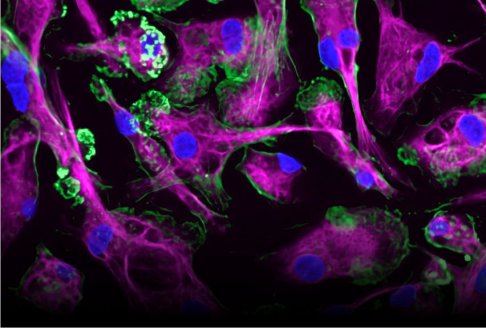Abstract
The nature of the immune system's antibody repertoire has been a subject of fascination for more than a century. This repertoire is highly plastic and can be directed to create antibodies with broad chemical diversity and high selectivity. There is now a good understanding of the potential diversity available and the mechanistic aspects of how this diversity is generated. Antibodies are formed by a mixture of recombination among gene segments, sequence diversification at the junctions of these segments, and point mutations throughout the gene. However, certain very elementary questions have remained open more than a half-century after being posed: It is still unclear what fraction of the potential repertoire is expressed in an individual at any point in time and how similar repertoires are between individuals who have lived in similar environments. Moreover, because each individual's immune system is an independent experiment in evolution by natural selection, experiments about repertoire similarity also inform our understanding of evolutionary diversity and convergence. I will discuss how we have used high throughput sequencing to sequence immune repertoires in both humans and model organisms to address these questions.

